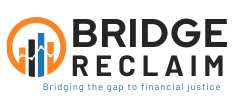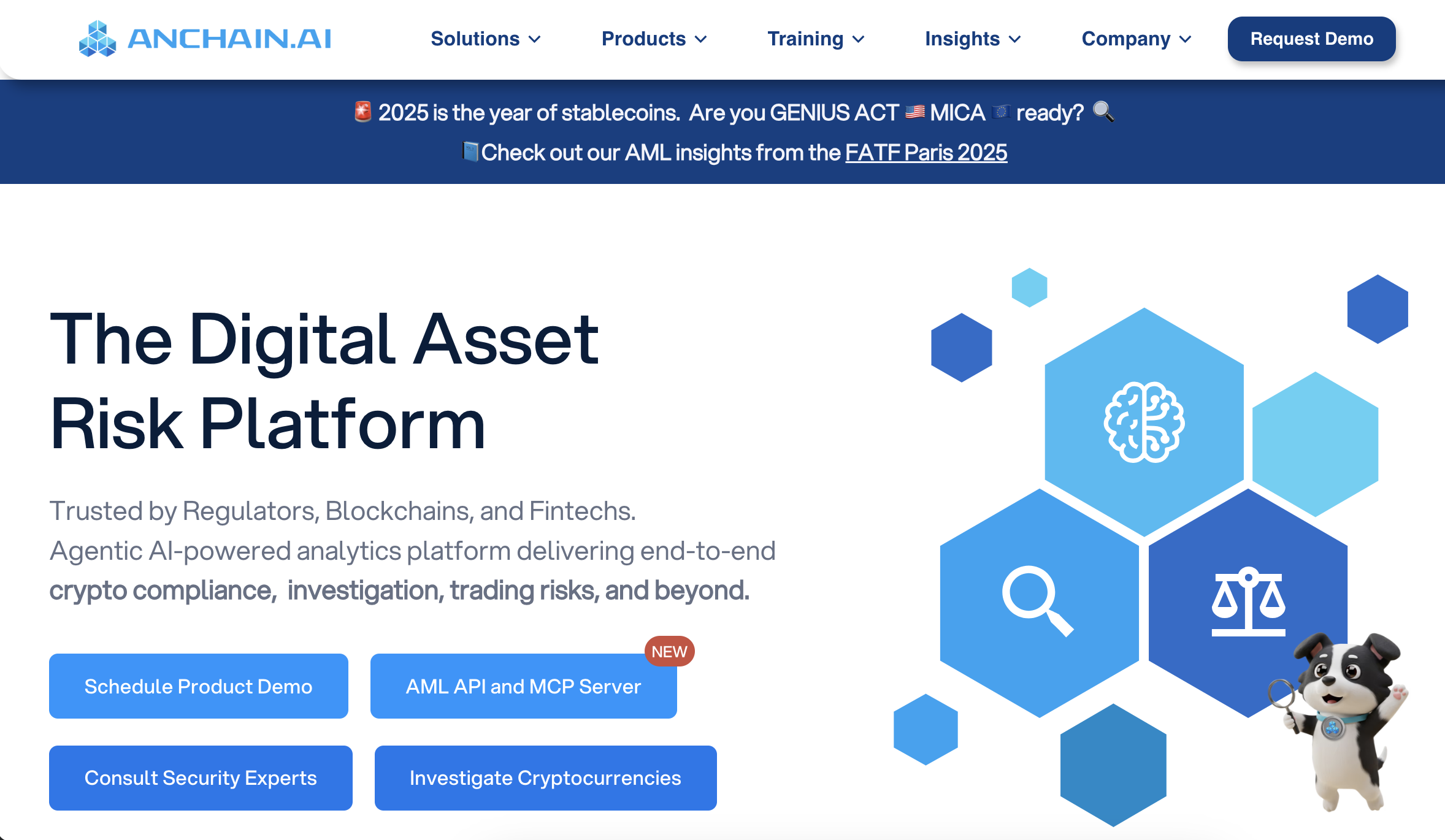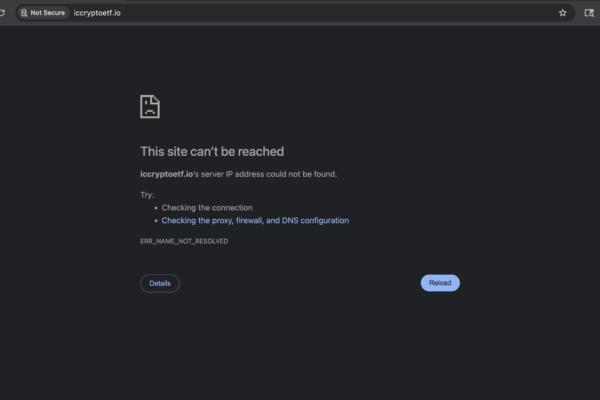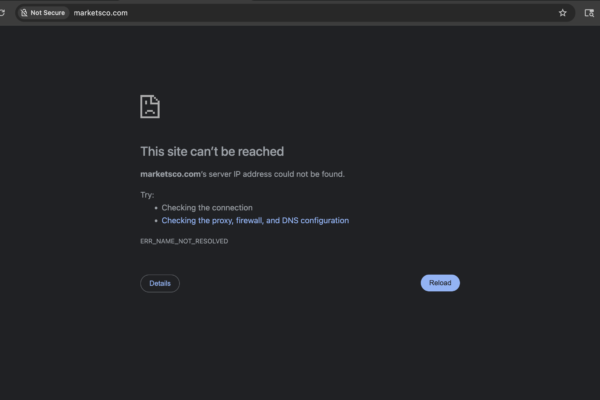Anchain.ai Scam Review: What You Need to Know
Introduction
In recent years, cryptocurrency and blockchain technology have taken the world by storm, creating new opportunities for innovation and financial growth. Alongside these developments, however, the industry has also seen an influx of scams and fraudulent projects that prey on unsuspecting investors. One company that has been making waves in discussions around blockchain security is Anchain.ai, an artificial intelligence–driven blockchain analytics and security firm. While the company has gained recognition in certain circles, some online conversations and community forums raise concerns about its legitimacy, effectiveness, and overall business practices.
This article provides a detailed review of Anchain.ai, examining its services, reputation, and the reasons why some have labeled it a scam, while others argue it plays an important role in blockchain security. By the end, you should have a clearer understanding of what Anchain.ai does and whether the concerns around it are valid.
What Is Anchain.ai?
Anchain.ai positions itself as a leading provider of blockchain security, AI-driven threat detection, and compliance solutions for the cryptocurrency ecosystem. Founded in 2018, the company claims to use artificial intelligence and machine learning to monitor transactions, detect fraudulent activity, and help businesses comply with global regulations.
The platform emphasizes its ability to track suspicious activity across various blockchains and crypto exchanges. Its client base reportedly includes government agencies, financial institutions, and cryptocurrency platforms seeking better oversight of digital assets.
Some of Anchain.ai’s highlighted services include:
-
Transaction Monitoring: Detecting and flagging suspicious transfers in real time.
-
Smart Contract Security: Analyzing code vulnerabilities to prevent hacks or exploits.
-
Compliance Tools: Helping exchanges meet Know Your Customer (KYC) and Anti-Money Laundering (AML) standards.
-
Crypto Forensics: Tracing stolen or laundered funds across blockchains.
On paper, this seems like a strong and valuable offering, especially in an industry where scams, hacks, and regulatory crackdowns are increasingly common. However, not all community feedback paints a positive picture.
Why People Question Anchain.ai
Despite its ambitious promises, Anchain.ai has faced skepticism. A number of red flags are often cited by critics:
1. Overpromising Results
Many blockchain security firms face criticism for overselling their capabilities, and Anchain.ai is no exception. Some users argue that its claims of “AI-driven security” sound more like marketing jargon than concrete, verifiable results. The lack of transparency around how their artificial intelligence actually functions makes it difficult for outsiders to assess its effectiveness.
2. Mixed Community Reputation
While the company has reportedly collaborated with regulatory bodies, some crypto enthusiasts argue that it positions itself more as a compliance enforcer rather than a security innovator. This creates tension within the community, as decentralization advocates are often skeptical of tools that help regulators clamp down on blockchain activity.
3. Accusations of Being a Scam
In certain online forums, some users have labeled Anchain.ai a scam. These claims usually revolve around negative personal experiences, unfulfilled promises, or dissatisfaction with the results of the service. While not all such accusations are backed by hard evidence, the sheer volume of negative commentary has raised eyebrows.
4. High Costs for Unclear Value
One of the more concrete complaints revolves around the pricing of Anchain.ai’s services. Businesses that have reportedly engaged with the platform argue that the fees are steep compared to the results delivered. In an industry where startups and small firms operate on tight budgets, this has sparked frustration and fueled claims of exploitation.
Analyzing the Scam Allegations
To fairly assess whether Anchain.ai is truly a scam or simply misunderstood, it’s important to look at the nature of the allegations and weigh them against what the company provides.
-
Lack of Transparency: The biggest issue seems to be a lack of clear, verifiable proof that Anchain.ai’s AI systems work as advertised. Without hard data or public demonstrations, skepticism is understandable.
-
Regulatory Partnerships: While some may see government partnerships as a badge of legitimacy, others interpret it as aligning with regulators in a way that undermines the ethos of blockchain freedom. This difference in perspective fuels debate.
-
Customer Dissatisfaction: Many scam accusations appear to stem from customer dissatisfaction rather than outright fraud. If businesses feel they paid too much for too little, they might label the company a scam—even if it technically provides services.
From this analysis, it seems unfair to label Anchain.ai an outright scam without more concrete evidence. However, it is equally fair to say the company has room to improve transparency and customer trust.
Comparing Anchain.ai to Other Blockchain Security Firms
The blockchain security market is highly competitive, with numerous players offering transaction monitoring, forensic services, and compliance solutions. Comparing Anchain.ai to some of its peers helps provide context.
-
Chainalysis: Widely regarded as the market leader, Chainalysis is known for its deep ties with governments and law enforcement agencies. Its tools are used in high-profile investigations of crypto crime. Compared to Chainalysis, Anchain.ai is much smaller and less proven.
-
CipherTrace (acquired by Mastercard): Focused heavily on compliance, CipherTrace offers AML solutions for crypto businesses. Like Chainalysis, it has established strong credibility with regulators.
-
Elliptic: Another major player, Elliptic emphasizes transparency and clear data reporting. Many in the industry view it as more trustworthy than lesser-known firms.
In comparison, Anchain.ai operates in the same space but lacks the track record and trust that its larger competitors have established. This gap may explain why skepticism is so prevalent—users may be less forgiving of a smaller company that makes bold claims without strong proof.
The Role of AI in Blockchain Security
One of Anchain.ai’s major selling points is its use of artificial intelligence to detect suspicious activity. While AI can indeed be powerful in identifying patterns, there are challenges worth noting:
-
Black-Box Problem: AI models can be difficult to explain or interpret, meaning clients may not understand why certain transactions are flagged.
-
False Positives: Overly sensitive AI systems can produce many false alarms, frustrating users and leading to inefficiencies.
-
Data Dependency: AI is only as good as the data it’s trained on. In blockchain, where bad actors constantly evolve, outdated data can quickly make AI tools ineffective.
These challenges highlight why some customers may be disappointed in AI-driven solutions like Anchain.ai. Without clear reporting and accountability, trust is hard to build.
Should You Trust Anchain.ai?
If you’re considering working with Anchain.ai, here are some factors to weigh:
-
Track Record: While the company has been around since 2018, it has not yet built the same level of industry recognition as its larger competitors.
-
Transparency: Look for case studies, demonstrations, or verifiable results before making any commitments.
-
Cost vs. Value: Carefully evaluate whether the services offered justify the pricing. Some smaller businesses may find the cost prohibitive.
-
Alternatives: Compare Anchain.ai with established firms like Chainalysis, CipherTrace, or Elliptic to see which fits your needs best.
Ultimately, whether Anchain.ai is right for you depends on your priorities. If you value regulatory alignment and are willing to experiment with newer players, it may be worth considering. If you prefer proven reliability and established reputations, larger competitors may be safer choices.
Final Thoughts
The blockchain security industry is vital, but it is also plagued by confusion, complexity, and competing narratives. Anchain.ai markets itself as an innovative, AI-driven solution for monitoring blockchain activity and ensuring compliance. However, questions around transparency, cost, and effectiveness have led some to call it a scam.
Based on available evidence, it seems more accurate to describe Anchain.ai as an ambitious but unproven company rather than an outright scam. While dissatisfied clients may have legitimate grievances, the company’s services do exist and are in use by certain institutions. The real issue lies in whether those services deliver sufficient value to justify the cost.
For businesses and individuals in the crypto space, the key takeaway is this: approach Anchain.ai with caution, do your due diligence, and compare alternatives before making a decision. Blockchain security is too important to leave in the hands of a partner you do not fully trust.
-
Report. Anchain.ai And Recover Your Funds
If you have lost money to anchain.ai, it’s important to take action immediately. Report the scam to BRIDGERECLAIM.COM , a trusted platform that assists victims in recovering their stolen funds. The sooner you act, the better your chances of reclaiming your money and holding these fraudsters accountable.
Scam brokers like anchain.ai continue to target unsuspecting investors. Stay informed, avoid unregulated platforms, and report scams to protect yourself and others from financial fraud.





